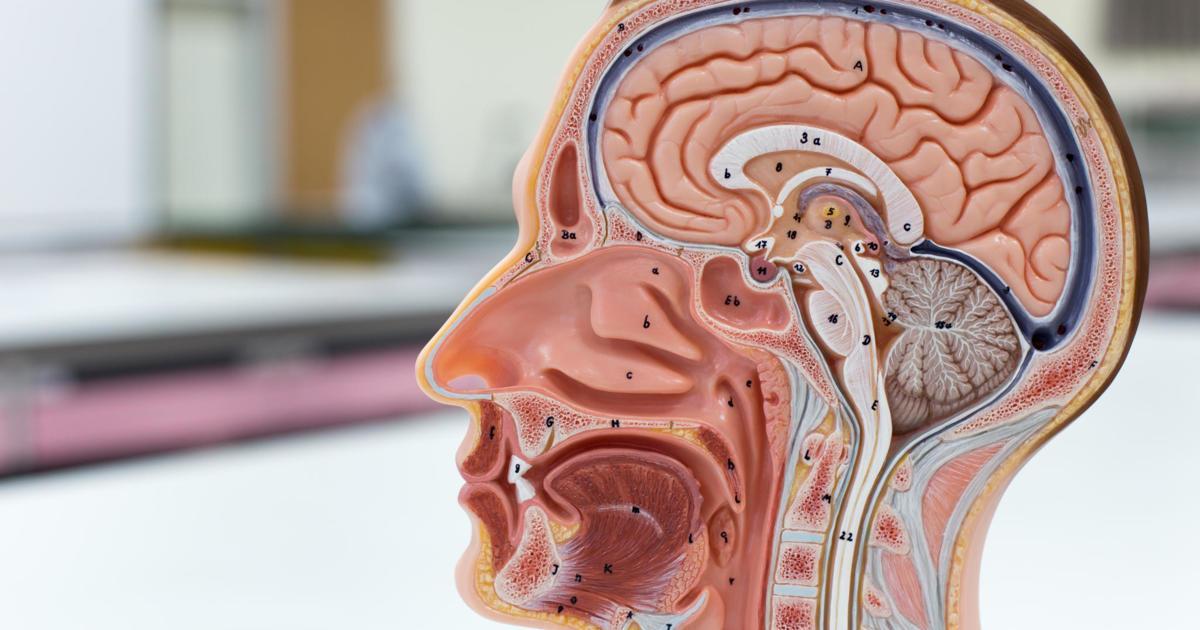
Dr. Faheem A. Sandhu, MD, PhD
Neurosurgeon
10401 Hospital Dr Suite 101 Clinton MD, 20735About
Dr. Faheem Sandhu practices Neurological Surgery in Clinton, MD. As a Neurological Surgeon, Dr. Sandhu prevents, diagnoses, evaluates, and treats disorders of the autonomic, peripheral, and central nervous systems. Neurological Surgeons are trained to treat such disorders as spinal canal stenosis, herniated discs, tumors, fractures, and spinal deformities, among many others.
Education and Training
University of Rochester School of Medicine and Dentistry 1995
Provider Details
Expert Publications
Data provided by the National Library of Medicine- Minimalism: is less more?
- Minimally invasive surgical treatment of lumbar synovial cysts.
- Clinical outcomes after minimal-access surgery for recurrent lumbar disc herniation.
- Minimally invasive microendoscopy-assisted transforaminal lumbar interbody fusion with instrumentation.
- Minimally invasive lumbar spinal decompression in the elderly: outcomes of 50 patients aged 75 years and older.
- Expression of the human beta-amyloid protein of Alzheimer's disease specifically in the brains of transgenic mice.
- An alternate method for placement of C-1 screws.
- Extramedullary hematopoietic tumor mimicking a thoracic nerve root schwannoma.
- Minimally invasive approach for far lateral disc herniations: results from 20 patients.
- Minimally invasive resection of lumbar synovial cysts from a contralateral approach.
- Minimally invasive lateral retroperitoneal corpectomy for treatment of focal thoracolumbar kyphotic deformity: case report and review of the literature.
- Minimally invasive lateral approach to the thoracolumbar junction for corpectomy.
- Thoracic spine localization using preoperative placement of fiducial markers and subsequent CT. A technical report.
- Percutaneous "K-wireless" pedicle screw fixation technique: an evaluation of the initial experience of 100 screws with assessment of accuracy, radiation exposure, and procedure time.
- Correction of clivoaxial angle deformity in the setting of suboccipital craniectomy: technical note.
Treatments
- Spondylolisthesis
- Scoliosis
- Pinched Nerve
- Herniated Disc
- Birth Defects
- Spinal Stenosis
- Blepharoplasty-eyelids
Dr. Faheem A. Sandhu, MD, PhD's Practice location
Practice At 10401 Hospital Dr Suite 101
10401 Hospital Dr Suite 101 -Clinton, MD 20735Get Direction
Dr. Faheem A. Sandhu, MD, PhD's reviews
Write ReviewPatient Experience with Dr. Sandhu
Recommended Articles
- What Are the Treatments for Stroke?
Emergency treatment for stroke is dependent on the type of stroke you're suffering from. Whether it is an ischemic stroke that blocks an artery, or a hemorrhagic stroke that is caused by bleeding of blood vessels around the brain, acting fast is important since every minute counts.Ischemic Stroke:...
- How to Prepare for a Laminectomy
Laminectomy is a procedure where a surgeon removes a part or more parts of your vertebrae or any ligaments on your spinal cord that exert pressure on the nerves. Laminectomy is said to be the most common back surgery performed for disability and pain. The following are some expectations before,...
- Reasons Why You Need a Laminectomy
What is laminectomy?If you have back pain that is severe enough to interfere with your day-to-day activities and other medications fail to work, you might eventually need surgery to get it fixed. Laminectomy is the surgical procedure that will be performed on your back in this case. It involves the...
- What Is a Prefrontal Lobotomy?
Lobotomy is a neurosurgical procedure invented in 1935 by a Portuguese neurologist named Moniz. Moniz won the Nobel Prize in 1949 for his achievement. It was believed that lobotomy was successful in the treatment of various psychological diseases like depression, bipolar disorders, mania,...
- What Is a Transorbital Lobotomy?
Transorbital LobotomyTransorbital lobotomy was once considered as a form of neurosurgery that was labeled as "insane". A pioneer in this field was a Portuguese doctor named António Egas Moniz. He introduced frontal lobotomy in 1935 for certain cases of psychosis and won a Nobel Prize because of...
- What is a Transient Ischemic Attack?
Also considered as a mini stroke, a transient ischemic attack (TIA) has symptoms similar to that of a stroke, but lasting only for a short period of time, without causing any permanent damage. TIA is often caused by the interruption of blood flow to the brain by a blood clot. Once the blood flow is...
Nearby Providers
- Dr. Guy W Gargour M.D.10401 Hospital Dr Clinton MD 20735
- Dr. Amjad Nasr Anaizi MD10401 Hospital Dr Clinton MD 20735
- Dr. Jean-marc Voyadzis M.D.10401 Hospital Dr Clinton MD 20735
- Dr. James Douglas Abbott MD10401 Hospital Dr Clinton MD 20735
- Dr. Mark Steven Klein MD7501 Surraits Rd Clinton MD 20735
- Dr. Heshmatolah Majlessi M.D.7503 Surratts Rd Clinton MD 20735
Nearest Hospitals
MEDSTAR SOUTHERN MARYLAND HOSPITAL CENTERl
7503 SURRATTS ROAD CLINTON MD 20735FORT WASHINGTON HOSPITALl
11711 LIVINGSTON ROAD FORT WASHINGTON MD 20744UNITED MEDICAL CENTERl
1310 SOUTHERN AVENUE SE WASHINGTON DC 20032SIBLEY MEMORIAL HOSPITALl
5255 LOUGHBORO RD NW WASHINGTON DC 20016HALQUIST MEMORIAL INPATIENT CENTERl
4715 NORTH 15 STREET ARLINGTON VA 22205





